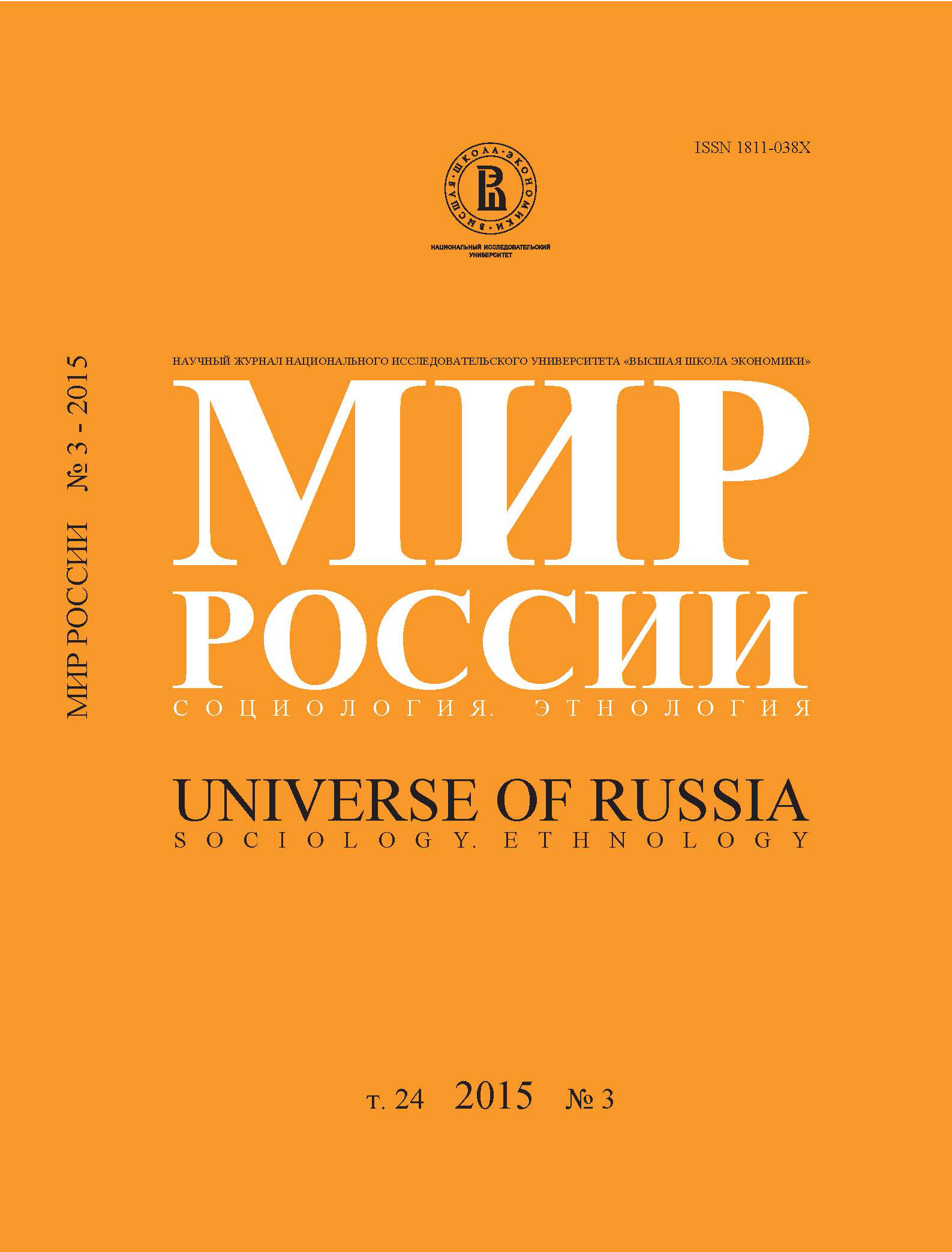Власть в малых российских городах: модели взаимодействия исполнительной и представительной власти
Аннотация
Чирикова Алла Евгеньевна – доктор социологических наук, главный научный сотрудник, Институт социологии РАН. Адрес: 117218, Москва, ул. Кржижановского, д. 24/35, стр. 5. E-mail: chirikova_a@mail.ru
Ледяев Валерий Георгиевич – доктор философских наук, профессор, НИУ ВШЭ. Адрес: 101000, Москва, ул. Мясницкая, д. 20. E-mail: vledyaev@hse.ru
На основе эмпирического исследования, проведенного в двух малых городах, одном районе Пермского края и малого города в Ивановской области, дается характеристика процессов взаимодействия законодательной и исполнительной ветвей власти. Показано, что во всех локальных сообществах представительные органы не обладают реальным паритетом, а наиболее сильными фигурами остаются руководители исполнительной власти. Различия между сообществами связаны, во-первых, с композицией лидерского пула исполнительной власти, во-вторых, с конфигурацией используемых властными акторами ресурсов и методов влияния. Лидерами исполнительной власти в локальных сообществах могут быть как избираемые главы города (района), так и назначаемые сити-менеджеры; при этом первенство того или другого актора зависит не столько от институциональных (формальных) моментов, сколько от персональных характеристик конкретных субъектов и сложившихся традиций в каждом конкретном сообществе. Данные исследования позволили выделить четыре разных типа (варианта) взаимодействия ветвей публичной власти: (1) «доминирование на основе принуждения», (2) «скрытое манипулирование», (3) «доминирование на основе торга», (4) «доминирование в условиях противостояния». Степень доминирования акторов, представляющих структуры исполнительной власти над местными депутатами, наиболее очевидна в первом варианте, где зависимость депутатского корпуса от сити-менеджера столь велика, что ему практически не приходится непосредственно вмешиваться в их деятельность, а нужные для сити-менеджера решения депутатов достигаются «по умолчанию». Во втором и третьем случаях зависимость менее очевидна, поэтому субъектам власти приходится действовать более активно; при этом в их арсенале средств воздействия значительную роль играют, соответственно, ресурсы и техники побуждения (торга) и манипуляции. В последнем случае ситуация для лидера исполнительной власти осложняется сохраняющимся расколом в локальной политико-административной элите, представляющим потенциальную угрозу его доминированию в локальной политике.






